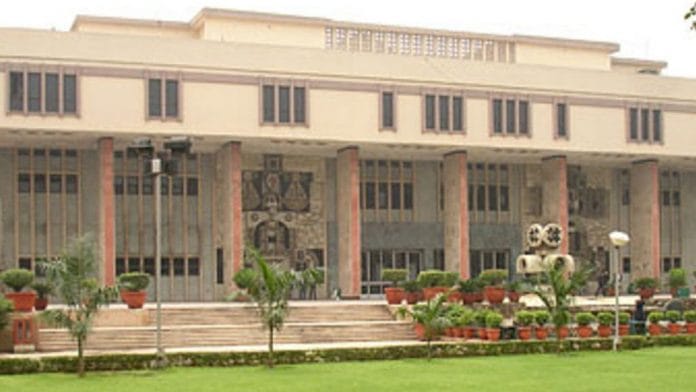New Delhi: The definition of ‘terrorist act’ under the stringent anti-terror law UAPA is “somewhat vague” and it cannot be applied in a cavalier manner to criminal acts falling under the Indian Penal Code (IPC), lest it unjustly sucks persons within its ambit, the Delhi High Court said Tuesday.
The court’s remarks came in three separate judgments granting bails to Pinjra Tod activists Devangana Kalita and Natasha Narwal and Jamia Millia Islamia (JMI) student Asif Iqbal Tanha. All three were arrested under stringent anti-terror law Unlawful Activities (Prevention) Act (UAPA) in connection with the north-east Delhi riots that took place in February 2020.
The court said that the police, in its “anxiety to suppress dissent” and “in the morbid fear that matters may get out of hand,” blurred the lines of constitutionally guaranteed right to protest and terrorist activity.
In its judgment, the court also noted the phrase ‘terrorist act’ has been given a very wide and even somewhat vague definition under Section 15 of the UAPA.
Read the three judgments here:






